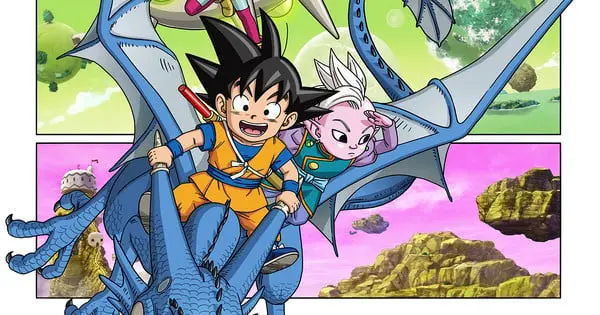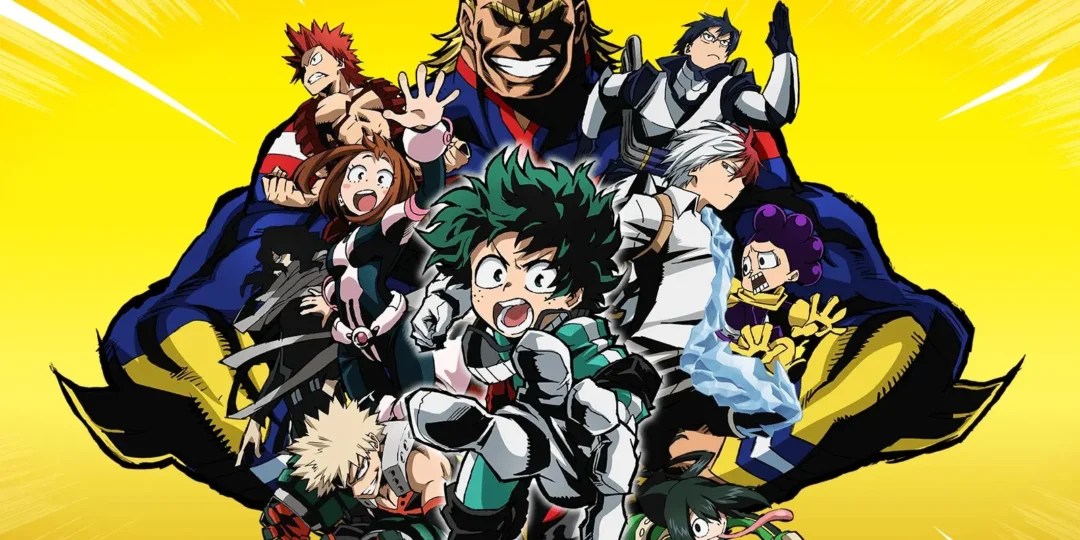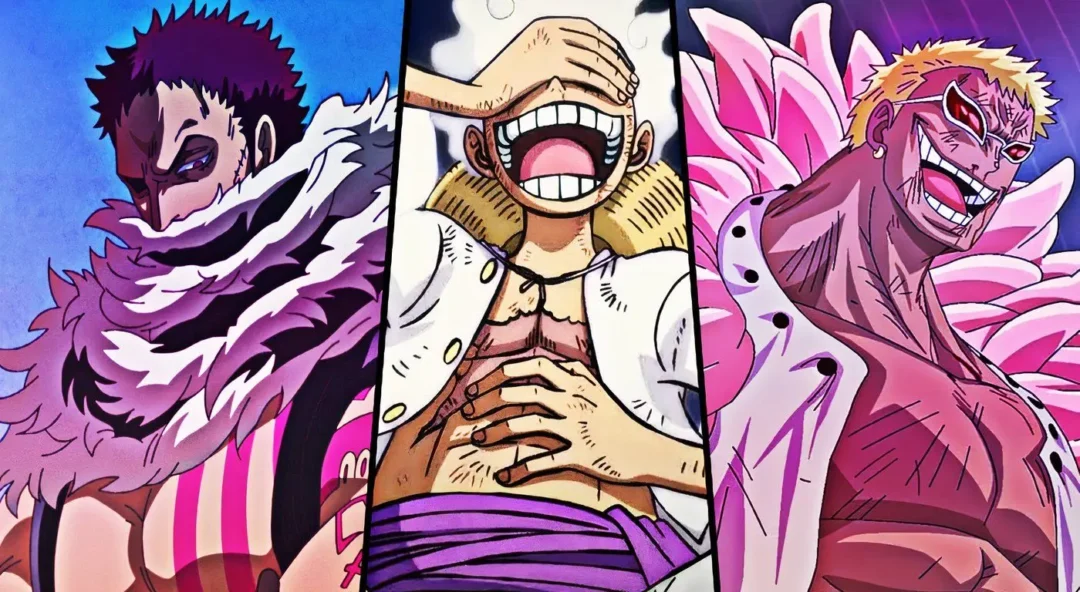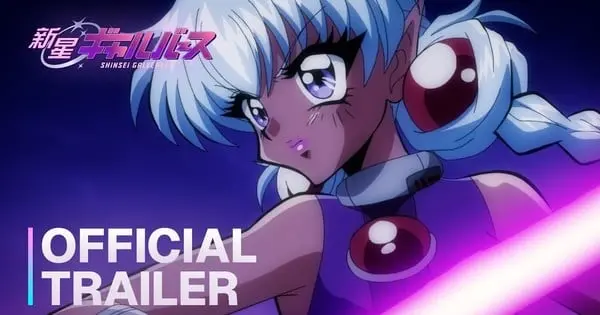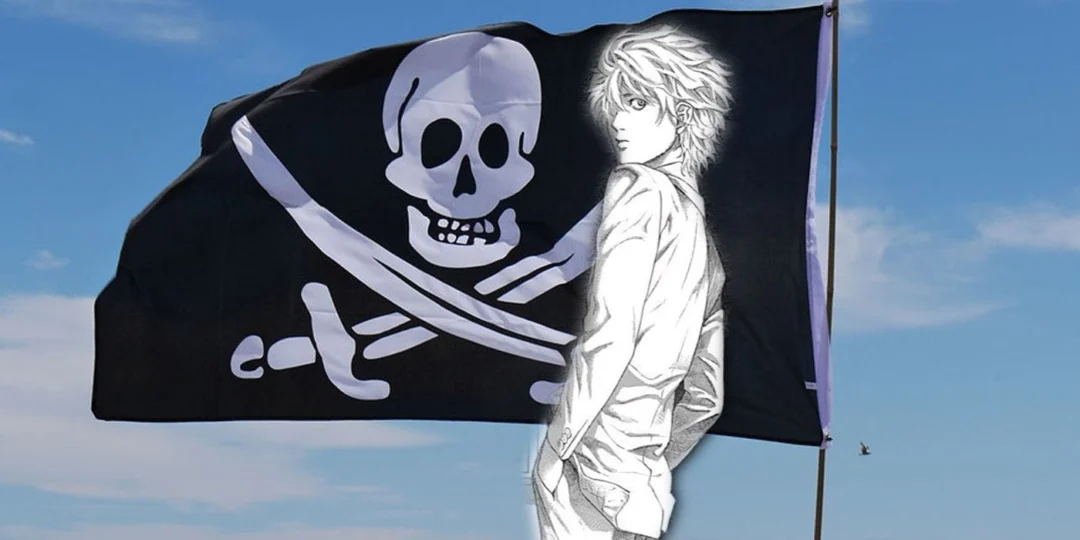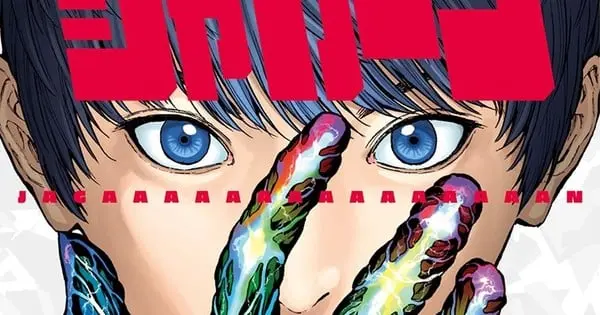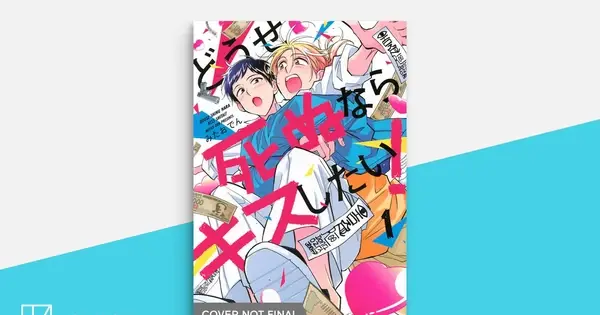The creator of a popular manga series has ignited a firestorm of controversy within the anime and manga community after responding harshly to a fan’s question about manga piracy. Toshio Sako, the author of Usogui, didn’t mince words when addressing the issue, leading to a heated debate about the ethics and impact of online piracy.
A Contentious Issue
Piracy has long been a contentious topic within the anime and manga community. Discrepancies in international availability often lead to heated debates about whether it is morally or legally permissible to access content through unofficial channels. Many fans in regions where certain manga are not officially available or are released much later often resort to reading scanlations (scanned and translated manga) online. This is a major point of contention for many creators who see this as a direct hit to their sales and income.
Creator’s Harsh Response
Recently, a fan posed a question to Toshio Sako about manga piracy, to which Sako responded with, “Don’t read it, are you stupid?”. This response quickly went viral, sparking outrage and intellectual pushback on social media platforms. Many fans viewed Sako’s response as condescending and “rude,” expressing their frustration at being berated for seeking out a work that is not officially available in their country.
The Complexities of Manga Piracy
The issue of manga piracy is not black and white. While Japanese copyright law grants authors and artists exclusive rights over their work’s distribution and use, the reality is far more nuanced. Many fans argue that those who pirate content due to the lack of legitimate access in their region should not be judged or penalized as harshly as those who use piracy as an alternative to paying for content. This is particularly relevant for regions where official translations or releases are significantly delayed or simply unavailable.
Diverging Views
Japanese users online tend to be more sympathetic to Sako’s views. Some users have labeled those who engage in piracy as “criminals.” They blame dissenting viewpoints on the different values between Eastern and Western consumers. One user stated, “People who illegally download things never intended to buy them in the first place… they ignore the feelings of the author and the people who buy them and support them, and just ask that we forgive [them]. It’s the lowest of all beggar’s trash arguments.”
A Global Problem
The debate highlights the global nature of manga piracy. It is a problem that affects both creators and publishers. The widespread availability of digital manga has made it easier than ever to access content illegally, leading to significant financial losses for the industry. This is not an issue limited to Western countries, as piracy numbers in Japan are also alarmingly high.
The Financial Impact of Manga Piracy
The financial impact of manga piracy on the industry is substantial. According to recent reports:
- In 2023, manga piracy is estimated to have cost the industry $2.4 billion USD.
- In 2021, piracy of Japanese entertainment, including manga, resulted in losses between 1.9 and 2.2 trillion yen (US$14.2 to 16.5 billion).
- The damage from pirated comics to the domestic manga market in Japan may have reached ¥50 billion, while damage in the U.S. was estimated to be even higher at ¥1.3 trillion.
- One study suggests that the top 10 piracy sites in Japan alone account for approximately 507 billion Japanese yen in damages.
These staggering figures highlight the severity of the problem and the significant impact piracy has on the livelihoods of manga creators and the sustainability of the industry. The losses directly affect creators’ royalties, reduce the ability to get more work, and can lead to the dissolution of small studios and project cancellations.
Why Does Manga Piracy Matter?
Manga piracy matters for several reasons:
- Unfair Compensation: Manga creators are not fairly compensated when their work is distributed without their consent. No royalties are paid for pirated content.
- Industry Peril: A Tokyo-based manga creator group, Manga Japan, has expressed concerns that the manga industry may eventually perish if piracy continues unabated.
- Exploitation: Piracy websites primarily focus on making money, with no regard for the future of manga creators or the culture. They are not considered genuine fans, but exploiters.
The Legal Landscape
It’s important to understand the legal complexities of manga piracy.
- Japanese copyright law grants authors and artists exclusive rights to their work.
- However, copyright law cannot be easily used against those who read or download pirated comics online. Current laws primarily apply to illegal music and video downloads, not image files like manga.
- While reading pirated manga may not be explicitly illegal, it is harmful to creators and the manga culture.
The Push for Legal Alternatives
The manga industry and the Japanese government have been actively campaigning against piracy, with efforts to protect one of Japan’s famed cultural export items. However, there is no easy solution.
Availability and Accessibility
One of the major reasons cited by many fans for resorting to piracy is the lack of availability and accessibility of official releases. There can be significant delays in translations and releases, and some titles may not be available at all in certain regions. This issue is further complicated by the complex nature of licensing agreements and regional restrictions.
Legal Manga Platforms
There are several legal platforms where fans can read manga online:
- Shonen Jump: This platform offers a vast library of titles, including classics and new releases, with simultaneous English translations. It provides free access to the first three chapters of any ongoing series, with subscription options for full access.
- Manga Plus: A popular platform that provides several chapters of any title for free, with the option to subscribe for more content. It works directly with creators and publishes their work in multiple languages.
- Book Walker: This is KADOKAWA’s official bookstore and app for reading digital manga and light novels.
- INKR Comics: This platform offers a wide variety of manga and comics with a subscription model.
- ComiXology: A digital comics platform that also includes manga, with both subscription and pay-per-issue options.
- J-Novel Club: Specializes in light novels, and offers early access to content for subscribers.
- Viz Manga: This app provides access to many different manga titles.
- Crunchyroll Another platform to read manga legally.
These platforms often release English translations at the same time as the Japanese releases, and offer a way for fans to support creators and the industry while consuming manga legally.
The Ethical Dilemma
Despite the availability of legal platforms, piracy continues to be a problem. There are numerous arguments that are used to justify piracy:
- Accessibility: Many argue that if a manga is not available in their region, piracy is the only way to access it.
- Cost: Some argue that the cost of buying manga can be prohibitive, particularly for avid readers who follow numerous series.
- Try Before You Buy: Some use piracy to sample a series before deciding whether to invest in purchasing it. However, this rationale is not widely accepted as a justification for consuming pirated content.
Ultimately, the issue of manga piracy comes down to a matter of ethics and respect for creators. While it can be tempting to access content for free, it’s important to acknowledge the harm it does to the manga industry.
Conclusion
The debate surrounding manga piracy is complex and multifaceted. While creators have the right to protect their work and earn a livelihood, fans argue for greater accessibility and affordability. There’s no single solution to the problem, but a combined effort from publishers, platforms, and fans is necessary. Increased availability of legal platforms, simultaneous translations, and affordable pricing are some key steps to curb manga piracy. At the same time, it’s important for manga fans to recognize the impact of piracy on creators and to support the industry through legal means. The harsh words from Toshio Sako highlight the frustration many creators feel, and serve as a stark reminder of the ongoing battle against online piracy.

